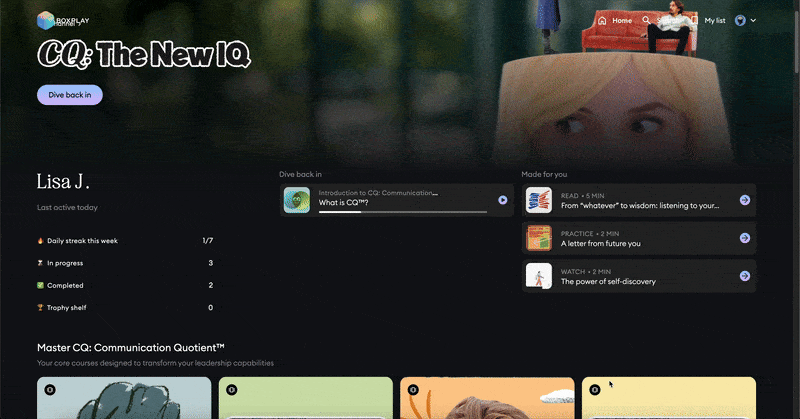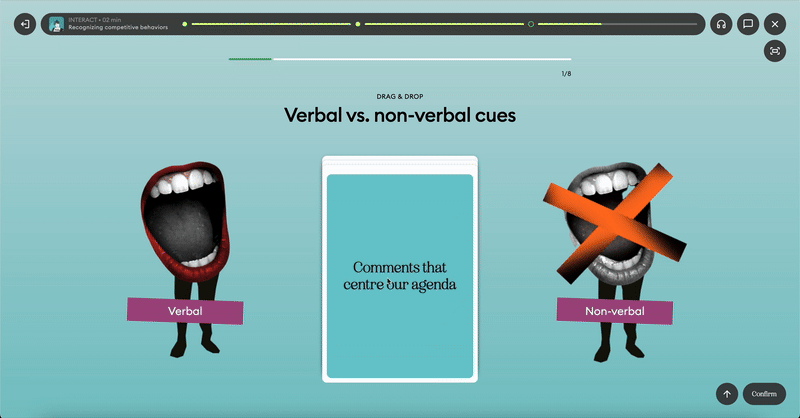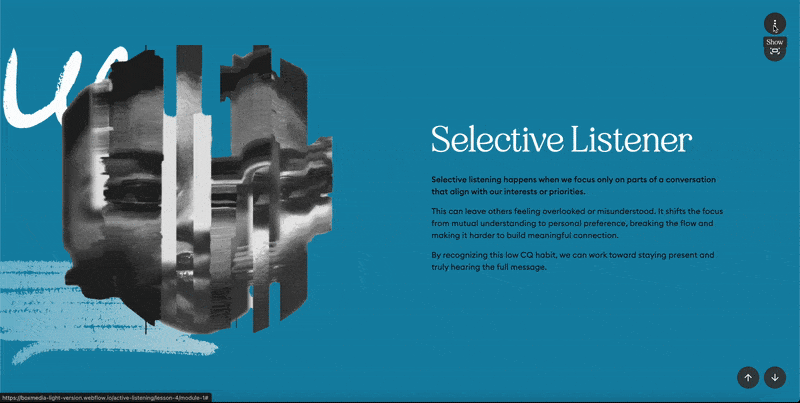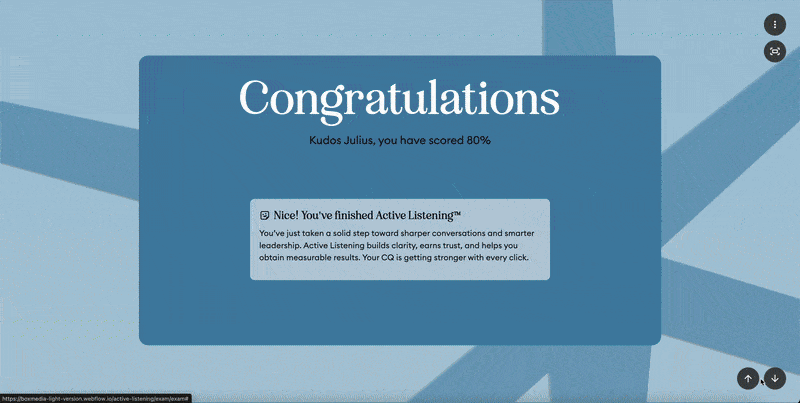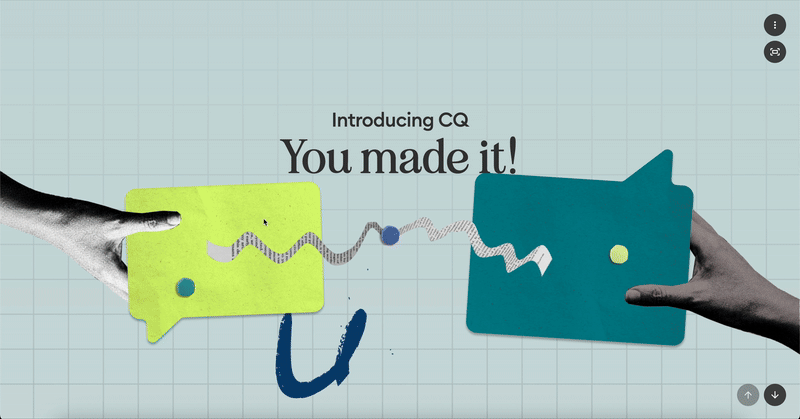Writers
Anna Zucchi
Clare Munn
Artists
James Naimi-Akbar
CQ Creator
Clare Munn
You don't have access to this content.
Heading 1
Heading 2
Heading 3
Heading 4
Heading 5
Heading 6
Lorem ipsum dolor sit amet, consectetur adipiscing elit, sed do eiusmod tempor incididunt ut labore et dolore magna aliqua. Ut enim ad minim veniam, quis nostrud exercitation ullamco laboris nisi ut aliquip ex ea commodo consequat. Duis aute irure dolor in reprehenderit in voluptate velit esse cillum dolore eu fugiat nulla pariatur.
Lorem ipsum dolor sit amet, consectetur adipiscing elit. Proin mi augue, iaculis non finibus non, mollis sed urna. Nam luctus diam ut ante tincidunt, vel vehicula mauris tristique.
Block quote
Ordered list
- Item 1
- Item 2
- Item 3
Unordered list
- Item A
- Item B
- Item C
Bold text
Emphasis
Superscript
Subscript
BEFORE YOU GO
You do not have access.
You don't have access









